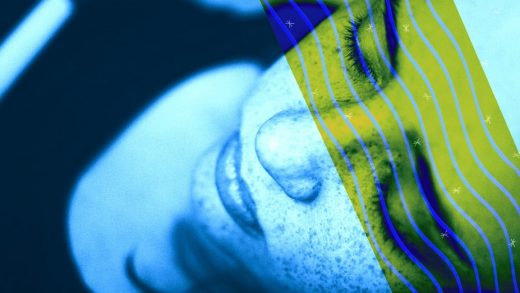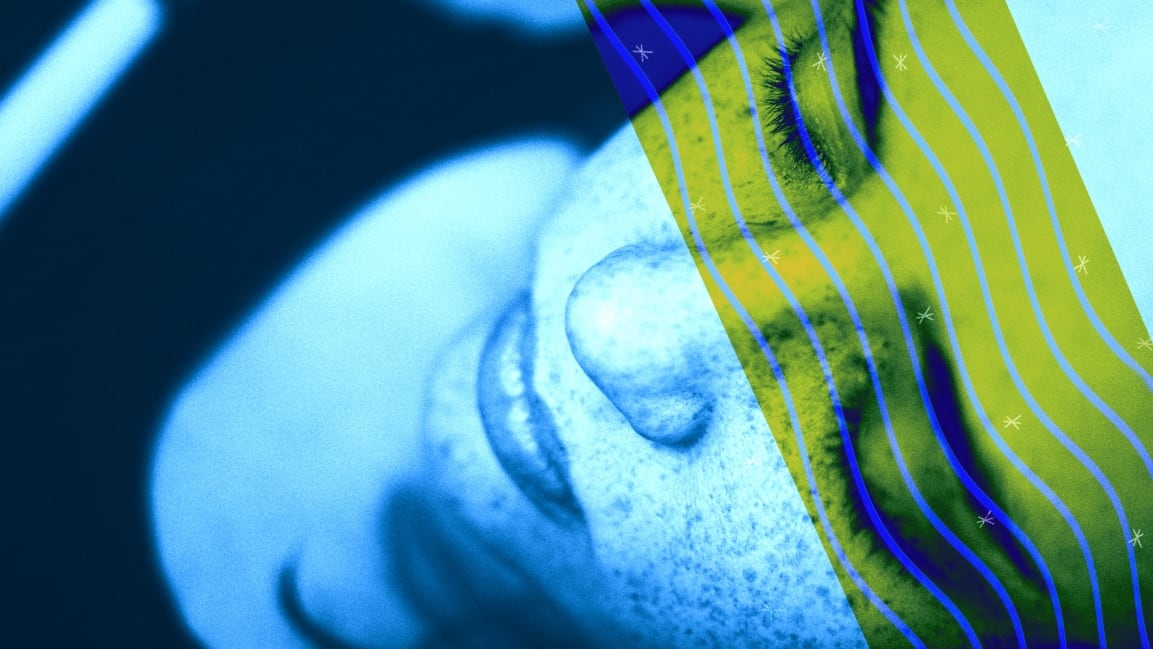8 smart tips to help you sleep better during the COVID-19 crisis
By Ruth C. White
If the stress you are feeling during these uncertain times is getting in the way of good sleep, you certainly are not alone.
Long before the pandemic, in the first national study of self-reported healthy sleep (seven or more hours), the CDC found that in 2015 one-third of Americans were not getting enough sleep on a regular basis. And the same study found that 60% of people who were unemployed were not regularly getting good sleep. This led to Wayne Giles, MD, then the director of the CDC’s Division of Population Health, to state that “As a nation, we’re not getting enough sleep.” Sleep deprivation leads to lost productivity because it causes a loss of mental clarity, focus, and creativity. A 2016 RAND study found that this loss of sleep costs the American economy an estimated $411 billion and an estimated 1.2 million workdays in lost productivity every year. They estimated that if people who slept less than six hours a day started sleeping six to seven hours a day, this would add $226.4 billion to the U.S. economy.
Waking up every day to more bad news while trying to manage life under lockdown is not conducive to falling asleep and staying asleep. For those of you already sleep-deprived from the usual daily grind, now is the time to really focus on building good sleep habits, because getting good sleep puts us in a good mood and builds our immune system. Some leaders talk about how little sleep they need to perform every day, but the truth is very few people can do without the recommended six to eight hours. The American Academy of Sleep Medicine suggests a minimum of seven hours of sleep is necessary for optimal health and well-being. Not getting those seven hours on a regular basis is associated with negative health outcomes such as hypertension, stroke, obesity, diabetes, cardiovascular disease, and mental health issues. So when it comes to getting good sleep I like to say: six is the fix, seven is heaven, and eight is great.
But how do you get good sleep when your life is a bit upside down, you are afraid for your health and that of your loved ones, and you’re worried about your employment status?
Here are a few simple strategies. If these strategies don’t help and you find yourself suffering from insomnia several times a week, you should consult with your healthcare provider to make sure there are no sleep disorders or underlying health conditions.
1. Reduce stress and stay calm
It’s not easy, but you can manage the stress in your life and stay centered and grounded through these difficult times. Whether you use a mindfulness practice, an exercise routine or journaling, or talking with a loved one, getting rid of stress helps you fall asleep and stay asleep.
2. Restrict your use of caffeine or nicotine
If you’re not able to fall asleep, then you may be getting too much of these substances or using them at times that disrupt your sleep. First, get rid of caffeine after noon. Yes, I know. Getting alert and staying alert all day may need a java or tobacco boost, especially if you’re not sleeping well and are tired during the day. But caffeine is a stimulant, so try other ways to stay awake, such as slowly drinking a glass of water (dehydration often makes us sleepy), getting up and moving around, or some herbal tea such as ginger or peppermint that can give you a decaffeinated boost.
3. Turn off your screens
Of course, you want to stay up-to-date on the ever-changing COVID-19 landscape, but the blue light of screens interrupts the production of melatonin—the hormone needed to fall asleep. Furthermore, the stimulation that comes with the news is counterproductive to the calm you need to fall asleep and stay asleep. Read a book instead. Or do something creative such as coloring, knitting, or designing a photo book of your last vacation.
4. Create a sleep routine
Doing the same thing each night allows you to “train” your body and mind to relax as it learns a conditioned response to relax into sleep. This routine should start at least 30 minutes (but ideally an hour) before you go to bed. This may start with turning off radio and screens and may include reading, taking a shower or bath, and turning down the lights. Whatever you do, do the same thing at the same time each night, and your body’s circadian rhythms will do the rest.
5. No alcohol at least an hour before bedtime
A lot of people use alcohol to relax, and that’s fine. The problem is that even though alcohol may help you fall asleep, alcohol interrupts REM sleep, which is the deep sleep that makes you feel rested when you wake.
6. Increase your melatonin
Melatonin is the hormone that is responsible for sleepiness. Our bodies naturally produce melatonin when it starts to get dark. But modern life has created lots of interruptions to that production cycle, whether it’s the artificial lights in our home or the blue lights of all our screens. There are ways to increase melatonin, including drinking an 8 oz glass of melatonin-rich tart cherry juice an hour or two before bedtime. You can also use over-the-counter melatonin in pill form, but check with your healthcare provider as to whether this is recommended for you.
7. Make your room dark, cool, quiet, and comfortable
Our circadian rhythms, which include our melatonin production, are triggered by light or the lack of it. So make sure that your bedroom is as dark as possible. If that’s a challenge, then use eye masks to keep the light out. Our bodies sleep best in cool temperatures, so keep the temperature down, but not so cold that you’re uncomfortable. Some people like total silence and others like quiet background noise, but whatever your fancy, create a quiet room that makes you fall asleep. Make sure that your bed and pillows are comfortable. If you’re not comfortable, you won’t sleep well, so investing in a comfortable mattress, good sheets, and the pillows of your dream are worth it to wake up feeling rested and ready to slay.
8. Relax
You can do everything listed above, but if your mind is still racing and you have tension in your muscles, it is going to be a hard road to get seven hours of sleep. So do whatever works for you to get to a relaxed state. This may be a cup of chamomile tea, using the relaxing scents of lavender or vanilla, meditative practice, some stretching, a prayer, or a good book.
You may not need to use all eight strategies to slay the sleep dragon, but the more you do, the more likely you are to get the sleep you need. The challenges of COVID-19 won’t last forever, but sleep is a constant requirement for optimal health, healthy relationships with others, and high performance at work.
Ruth C. White, PhD, MPH, MSW, is a clinical associate professor of the Suzanne Dworack Peck School of Social Work at the University of Southern California. She is the author of The Stress Management Workbook and the forthcoming Everyday Stress Relief.
(14)



